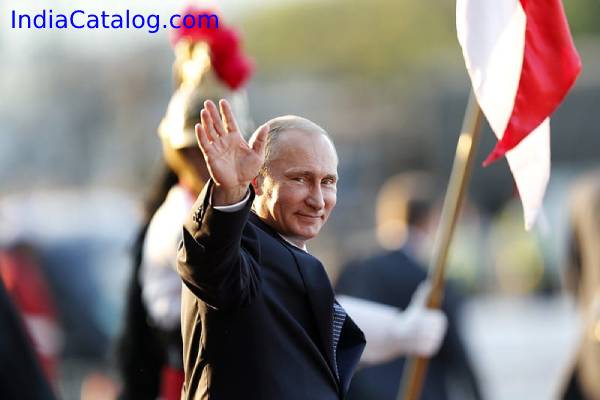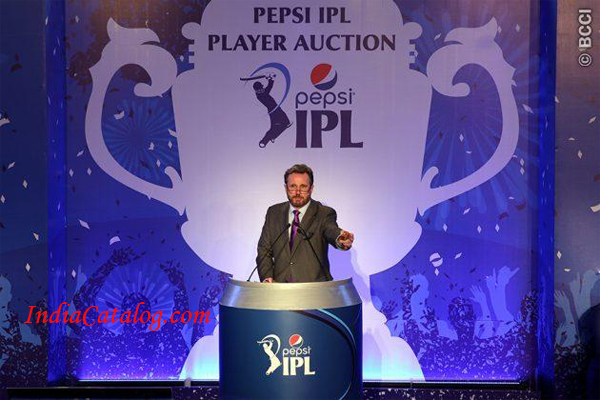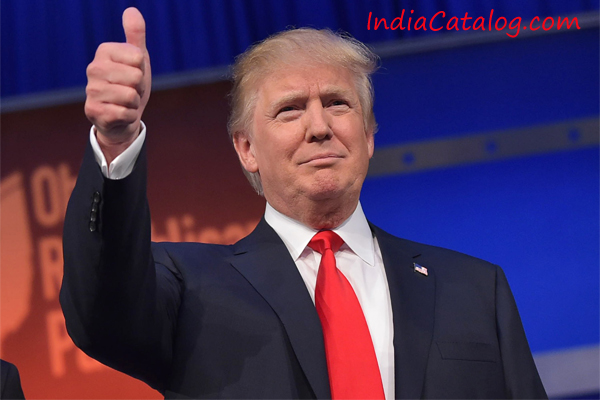RBI bumper payout to help offset shortfall in tax revenues, say analysts
.webp)
India’s central bank is expected to pay a record dividend to the government, offsetting shortfall in tax revenues due to slow growth and helping meet any emergency spending needs, economists said.
Kotak Mahindra Bank Ltd. estimates the Reserve Bank of India to transfer as much as Rs 3.5 trillion ($41.4 billion) to the government while IDFC First Bank Ltd. forecasts the dividend to be about Rs 3 trillion for the fiscal year that ends in March. The payout stood at Rs 2.1 trillion in the previous year.
The RBI makes an annual payout to the government from the surplus income it earns on investments and valuation changes on its dollar holdings, and the fees it gets from printing currency.
The windfall will bridge the gap in tax collections this year due to weak growth and lower disinvestment receipts amid market volatility, said Kotak’s economist Upasna Bhardwaj in a note on Wednesday. “We factor in gross tax revenue to be Rs 1 trillion lower than budgeted,” she said, penciling receipts from asset sales to be shorter by around Rs 400 billion.
The dividend predictions by the economists are higher than the Rs 2.56 trillion payout the government had estimated from the RBI and financial institutions. The exact amount will be declared by the RBI’s central board later in May.
The central bank’s income is expected to be boosted by increased earnings from its operations in the foreign exchange market. Last fiscal year, the RBI intervened in the currency market to stop the rupee from falling sharply against the US dollar. The RBI may also gain from interest income on foreign and rupee securities.
The higher dividend creates fiscal space of 0.1 per cent to 0.2 per cent of the gross domestic product, IDFC’s Gaura Sen Gupta said. The government has pledged to reduce the fiscal deficit to 4.4 per cent in the current fiscal year.
This space can be used to increase spending on social welfare, export promotion programs and to meet any defense and internal security expenses if needed, Bhardwaj added.

.webp)
.webp)
.webp)
.webp)
.webp)
.webp)
.webp)
.webp)
.webp)
.webp)













